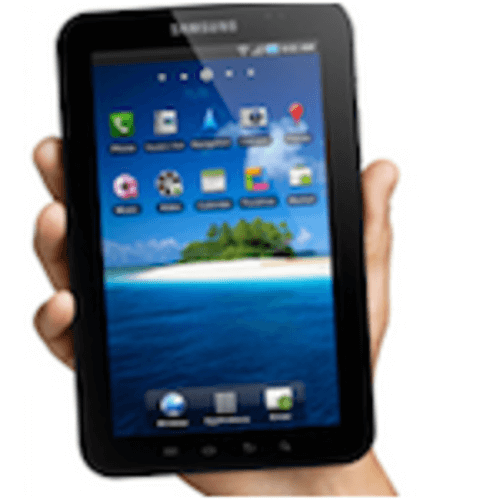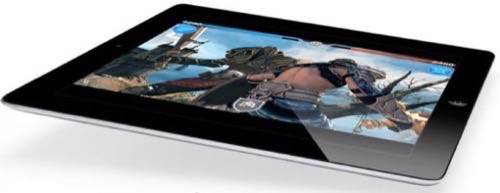As expected, the tablet is exploding. Worldwide, 62.5 million units are projected to have shipped in 2011, according to the International Data Corporation (IDC). The organization increased its forecast from 53.5 million units after demand for the iPad 2 drove additional tablet sales in the second quarter of this year. Year over year, tablet shipments in the second quarter increased by 88.9%.

Apple, who is expected to remain dominant in this space for at least a few more years, leads the pack with 68.3% of the worldwide tablet market share. In the same quarter, Android’s share of the tablet market actually decreased to 26.8% from 34% in the first quarter. Google’s slowly-growing threat to the iPad was chiseled away at by both RIM’s Blackberry Playbook and the popularity of Apple’s iPad 2.
“We expect shipment totals to continue to grow in the third and fourth quarter, as additional vendors introduce more price-competitive Android products into the market and Apple works to maintain its dominance in the category,” said IDC’s mobile research director Tom Mainelli.
The fallout from HP’s decision to end production of their webOS-powered TouchPad tablet is expected to leave its mark on the global market as well. Thanks to the device’s drop to a $99 price tag, IDC predicts that WebOS will have 4.7% of the market by the third quarter this year.

The Tablet Market is Young, But Shaping Up to Be Revolutionary
Of course, this space as we know it is still relatively young. The iPad only launched at the beginning of last year, but has hugely successful, leaving RIM, Google, HP and other players scrambling to get their own challengers to market. Overall tablet sales have been so significant that they’re already making a dent in PC sales and tablets are widely expected to begin outselling PCs within the next few years.
This revolution in computing is only beginning. Before the end of year, Amazon is expected to launch its own 7-inch tablet for $250, which is half the price of the cheapest iPad. Some are predicting that device could sell a few million units in its first month or two of availability, and potentially play a significant role in helping Android mount a viable challenge to the iPad.
At this week’s BUILD conference, Microsoft gave developers a preview of Windows 8, the next generation of its operating system, which takes a very mobile-and-tablet-centric approach to user interface design. The new OS is being built to work across devices, including tablets.

















